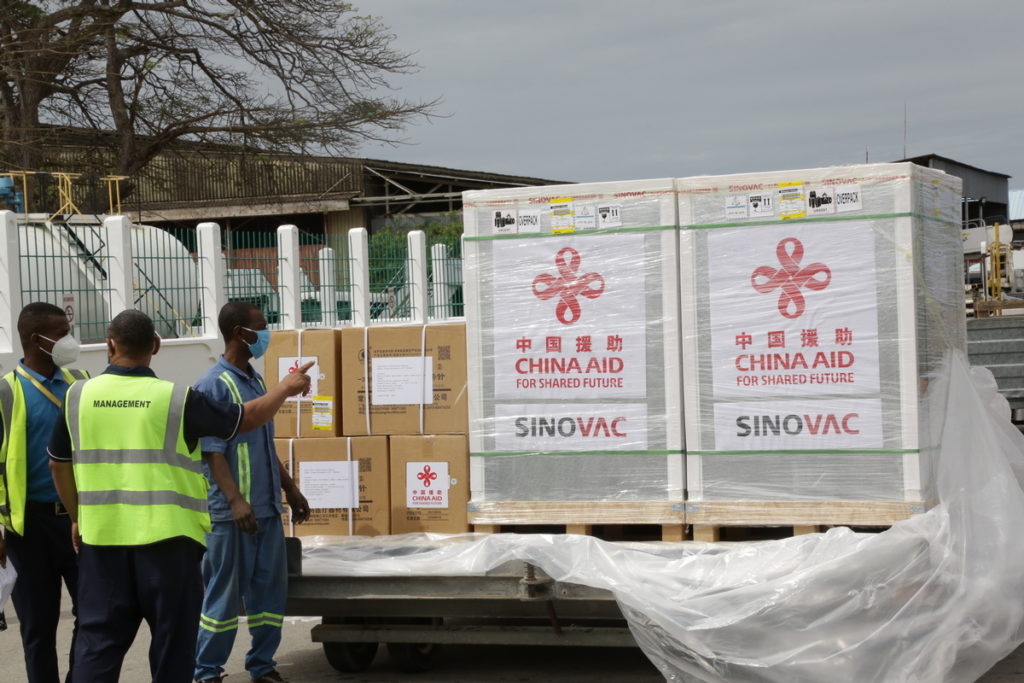The leader of Tanzania’s Zanzibar archipelago on Tuesday honored 21 doctors from a Chinese medical team with medals in recognition of their outstanding work delivering healthcare services in the semi-autonomous region.
At a colorful ceremony at Zanzibar’s presidential palace, Hussein Ali Mwinyi, the president of the group of islands, presented the medals to the doctors at the end of their 12-month stint.
The president thanked China for dispatching medical teams to Zanzibar since 1964, saying the Chinese medical teams have helped in strengthening the health system in Zanzibar, and saving the lives of hundreds of people. He also cited the $14 million Chinese contribution to the Abdulla Mzee Hospital in Pemba and the $8 million intensive care unit at the Mnazi Mmoja Hospital in Unguja.
“May I through this gathering and on behalf of all Zanzibaris express our sincere gratitude for the great work that the Chinese have been doing in Zanzibar since 1964,” he said.
Mwinyi said the team also helped in the fight against the COVID-19 pandemic, adding that China also donated vaccines to frontline healthcare workers and those working in the tourism industry.
6,000 surgeries a year
Wang Yiming, leader of the Chinese medical team, said the doctors had examined 60,000 outpatients, 46,000 inpatients, performed 6,000 major surgeries and participated in 1,200 critical rescues during their one-year term.
Nassor Ahmed Mazrui, health minister of Zanzibar, said the 21 medical specialists worked at the Mnazi Mmoja and Abdulla Mzee hospitals.
“The Chinese doctors worked shoulder to shoulder with local doctors sharing their knowledge and skills,” Mazrui told reporters.
“They also had outreach clinics providing free medical consultation and medicine to elderly homes and remote villages,” Mazrui said.
He said the 31st Chinese medical team is expected to arrive in Zanzibar on Wednesday to replace the team that had completed its term.
Zhang Zhisheng, China’s consul general in Zanzibar, said the Chinese doctors often sacrificed their weekends to visit remote villages to help poor people who could hardly travel to the cities to receive treatment.
They also helped to develop more than 40 new medical technologies for the hospitals apart from giving lectures and training courses in the island’s public health facilities.
